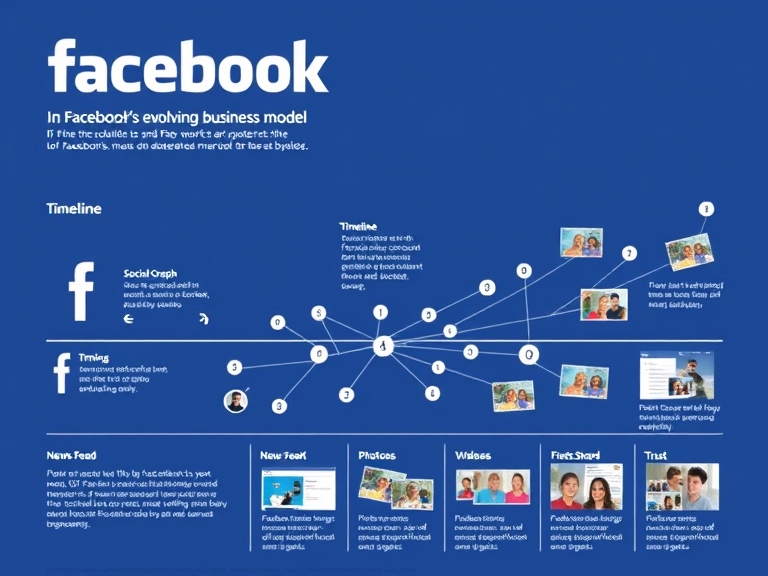The development of Facebook's strategy including business and revenue model

Project Achtergrond
You use Facebook, but have you ever wondered about its business model and how it has evolved? In my E-business and E-commerce Management book we have reviewed the development of Facebook for over six years now. I think it's still a great case study for both students and professionals to learn from, since it shows many of the success factors needed for a new start-up, including the risks of alienating users when their privacy needs are not listened to.
Probleemstelling van het project
In 2013, the Facebook mission is simply to 'make the world more open and connected'. Previously, it described itself as: 'a social utility that helps people communicate more efficiently with their friends, family and coworkers. The company develops technologies that facilitate the sharing of information through the social graph, the digital mapping of people’s real-world social connections. Anyone can sign up for Facebook and interact with the people they know in a trusted environment'.
Technologische innovaties
Future of work
Doelstelling van het project
Connect and Share with your friends. Staying connected is the core feature as we would expect, but note the more emotional underpinnings of the other elements of the value proposition. Discover and Learn. Facebook references public figures and organisations that interest them – available through Facebook company pages. Express yourself. A fundamental need and Facebook does this through it’s key features which it describes as the Timeline, News Feed, Photos and Videos and messaging through Email, Chat and Text. Stay connected everywhere. Referencing the importance of mobile use and use on other sites to Facebook’s users and business model. People can access Facebook through the website, mobile sites, smartphone apps, and featured phone products.
Technology Providers
Meta